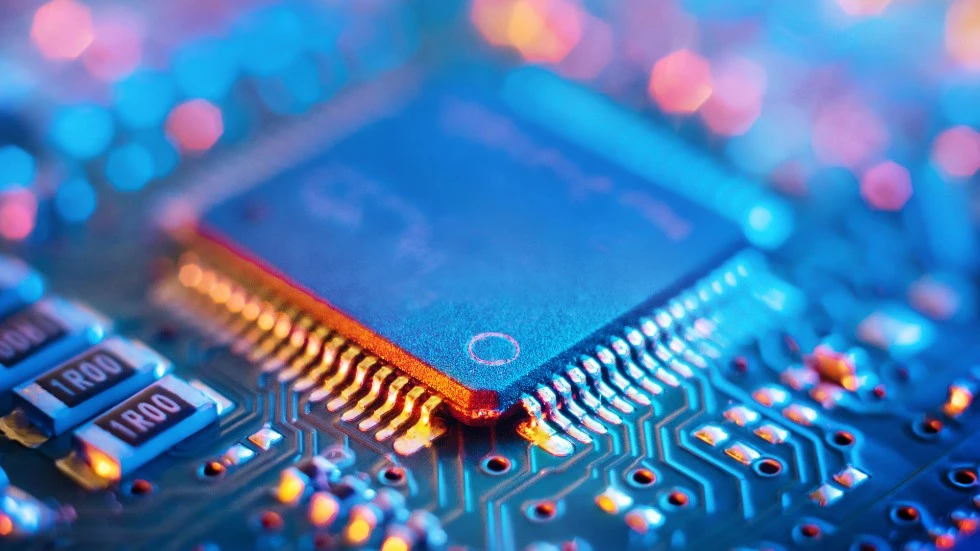
Electrical Engineering(UN)
1st cycle academic study programme
Without electrical engineering, the world as we know it would not exist
The 1st cycle academic study programme Electrical Engineering offers a broad range of theoretical and professional electrical engineering skills, supported by applied programming skills. Through these, students develop the analytical thinking skills that are essential for excellence in research and development in the field of electrical engineering and beyond. The study programme allows students a wide choice of subjects and the opportunity to work on real projects in the context of the most up-to-date global benchmarks and standards.
What does the study programme look like?
The course lasts 3 years or 6 semesters and is worth 180 credits (ECTS).
The first two years of study follow a common course of study, while in the third year students choose one of four study fields (Automation, Electronics, Energy and Mechatronics, Information and Communication Technologies).
In the winter semester of the third year, the student chooses a thesis mentor and submits a thesis proposal. In the summer semester of the third year, the student produces and defends the thesis.
Upon completion of the diploma, the student is awarded the title of Bachelor of Electrical Engineering (UN).
What are the main objectives of the programme?
The main objective of the 1st cycle professional study programme Electrical Engineering is to provide students with:
- a broad and high-quality basic knowledge of electrical engineering,
- the knowledge needed to carry out independent research and development work,
- study in modern classrooms and laboratories,
- internationally renowned educators and researchers,
- interdisciplinary skills that are also useful in medicine, biology, economics, engineering, computing, sports, psychology and many other fields,
- Europe-wide comparability of educational attainment,
- an excellent basis for further study in a master’s programme in Electrical Engineering or any other engineering discipline.
What competences do students gain from the programme?
- Ability to define, understand and creatively solve problems in the field of electrical engineering and beyond,
- the ability to think critically, based on analysis and synthesis,
- professional, environmental and social responsibility,
- the ability to communicate in an active professional manner, both orally and in writing,
- the ability to make optimal use of information and communication technology and its development,
- the ability to keep up to date and acquire new knowledge independently,
- the ability to work as part of a team with experts from different disciplines.


